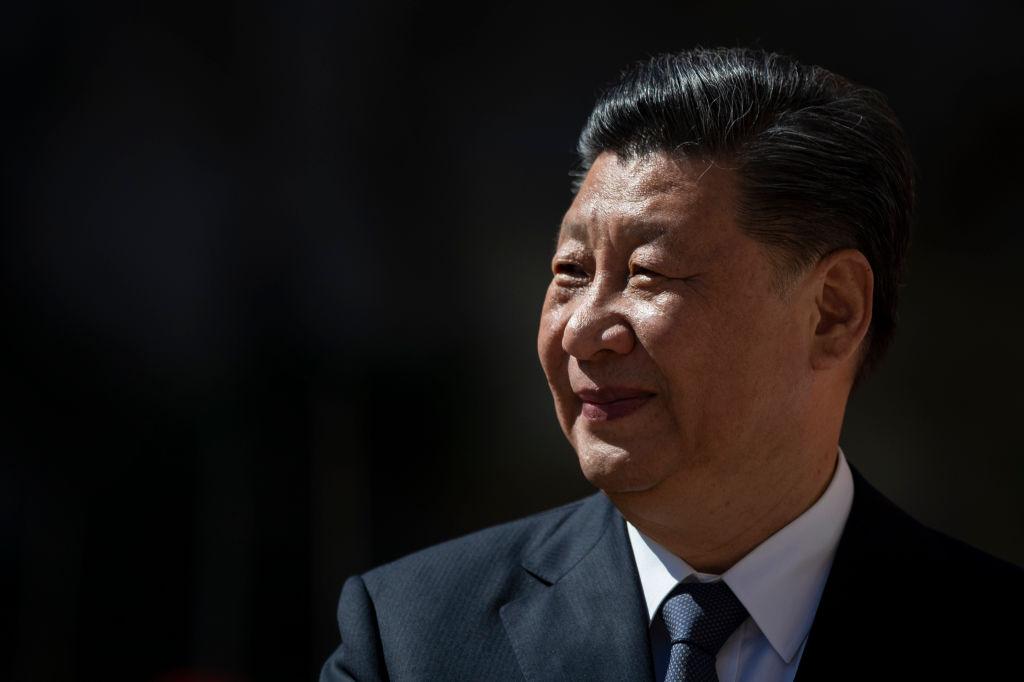
‘Being positive where you can’ is number 11 on Australian journalist Greg Sheridan’s generally helpful list of 15 rules for politicians to keep in mind when engaging with China. Remembering that maintaining a ‘a good relationship’ is not the supreme object of diplomacy is number 6. I liked this list, particularly number 6, but it did make me want to distinguish more clearly between being ‘positive’ in terms of not doing anything to negatively impact the relationship and doing things that are disruptive but intended to improve it over time.
It’s important to recognise that the bilateral relationship between Australia and China can be better than it is right now, and that it’s not in our interests to go back to how it was before. From this starting point, the task becomes less about reviving the ‘good relationship’ of 2012 and more about recasting it in a new and more constructive light.
Positive change requires constructive engagement across all facets of the relationship, and a willingness to resist the temptation to isolate component parts of it about which we can be either gushingly positive or despairingly negative.
Some of this is pure semantics.
Stating that the bilateral relationship is important and beneficial to Australians and to Chinese is an objective statement of fact, not evidence of positive thinking. Stating that the China state is increasingly relying on force and coercion to achieve its goals is an accurate observation, not a pessimistic twist on a contested reality or a figment of a hairy-chested imagination. Thinking hard about the implications of all this does not mean that you are willing into existence the worst of all possible outcomes, or that you wouldn’t prefer it if things panned out well in the end.
As with the old ‘doves’ and ‘hawks’ binary in Australia’s China policy debate, when we identify as having an inherently positive or negative view of the Australia–China relationship we tend to oversimplify complex situations and paint ourselves into corners from which it is hard to balance competing interests and priorities.
The Victorian government’s latest pledge of support for China’s Belt and Road Initiative is an example of how compartmentalised positivity with political characteristics can create more problems than it solves. In making the Belt and Road announcement, Premier Daniel Andrews said, ‘We don’t see China as our good customers, we see them as our good friends’, an obvious swipe at Prime Minister Scott Morrison’s characterisation of China from earlier this year. The subtext—I run an economy which depends on jobs creation and I don’t have time to entertain the delusion that unified foreign policy signalling could change the behaviour of a country as big and powerful as China—is, in my view, depressingly negative.
Balancing interests and priorities should be our collective responsibility, all the time. Glossing over difficult situations and issues in order to maintain a self-serving narrative will only make the China problem more difficult for all of us to solve.
Thinking it’s possible to make the Australia–China relationship more balanced and sustainable over time is positivity personified. Betraying the opportunity for a better relationship for short-term gain is not.